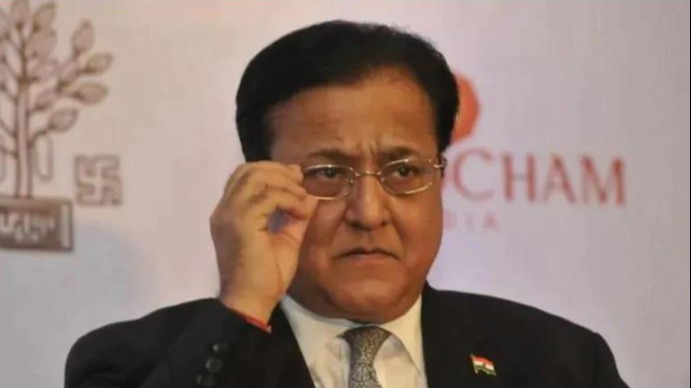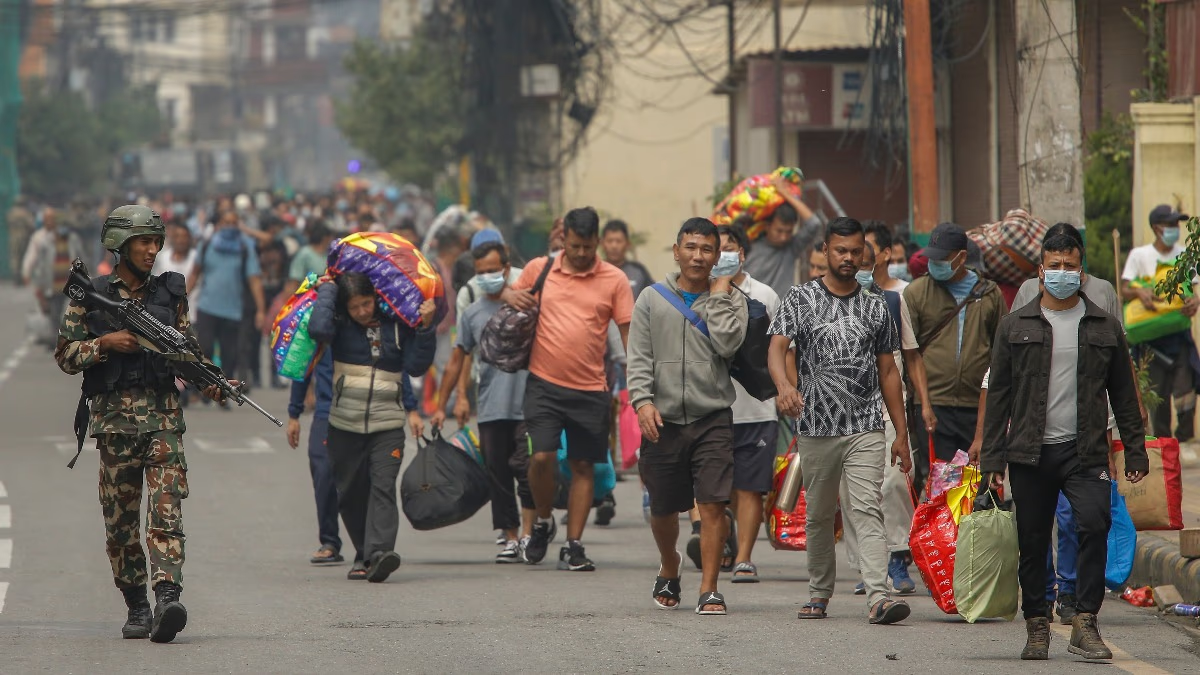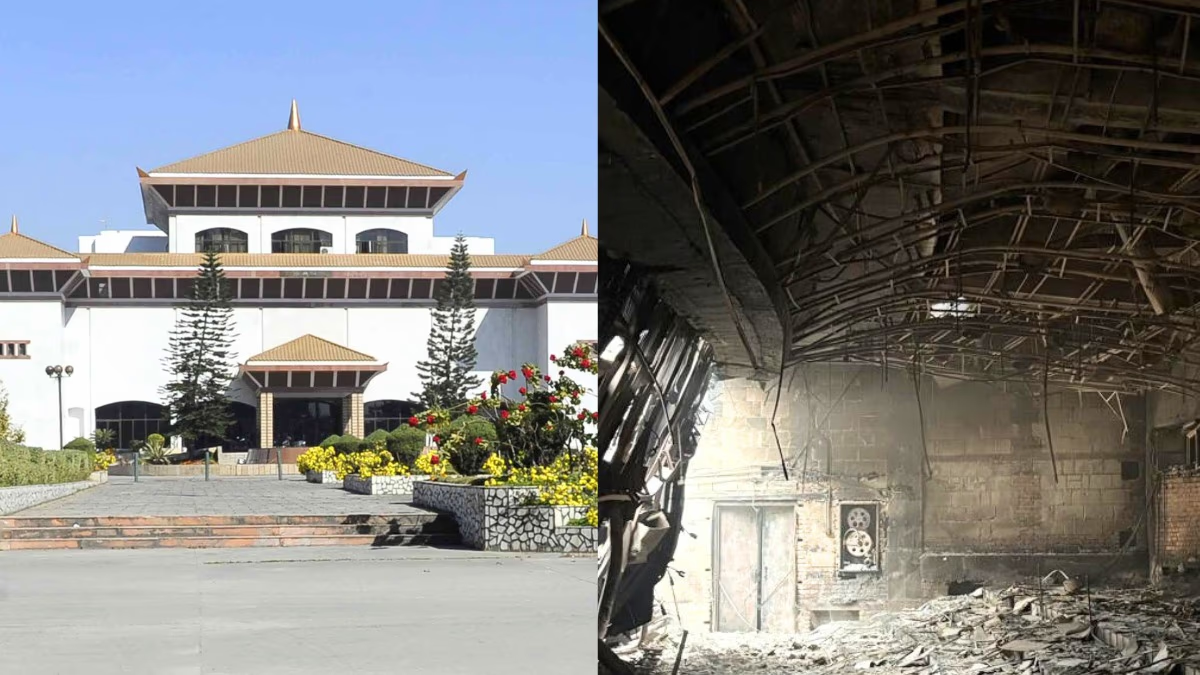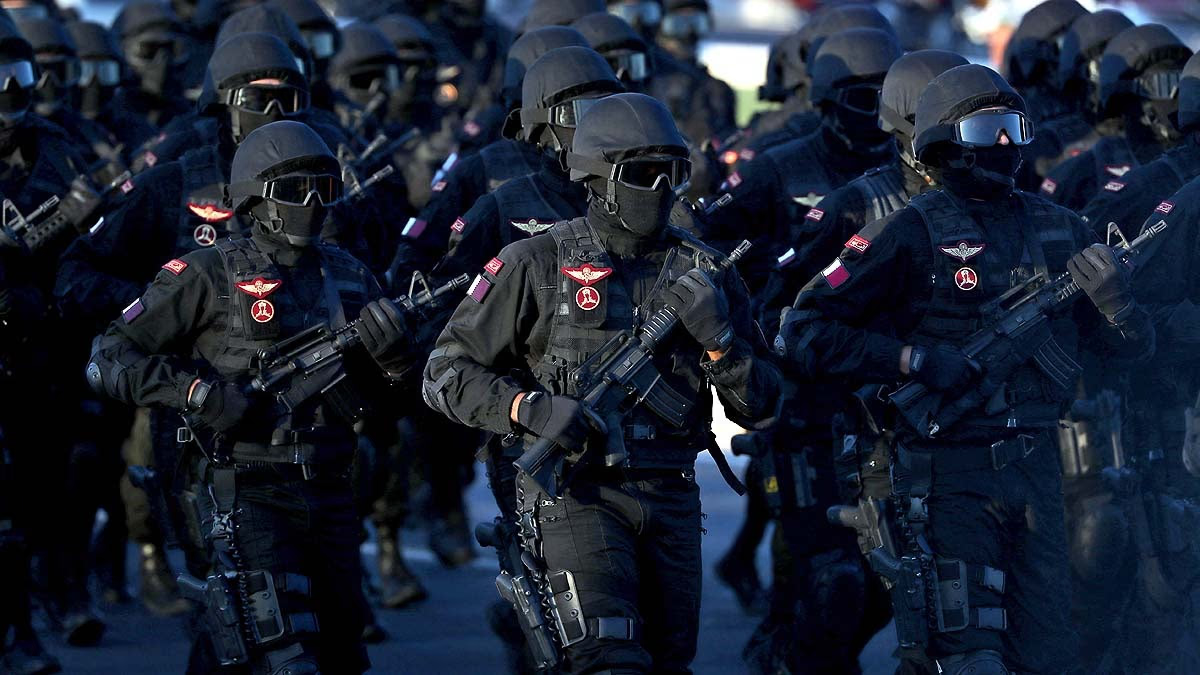A special court in Mumbai has voiced stark criticism of the Central Bureau of Investigation (CBI), questioning the agency's decision to solely implicate Rana Kapoor and incarcerate him for four years without sufficient evidence. The court observed that, contrary to the CBI's claims, Yes Bank had not incurred losses as grave as portrayed.
The court also deemed the CBI's charges against Kapoor as lacking substance. It was claim that Kapoor, while chairing the management credit committee of Yes Bank Limited (YBL) as the Final Approving Authority, wrongly approved a loan of ₹400 crores to Avantha Realty Limited (ARL) in March 2016.
What Were the CBI's Allegations?
CBI accused Rana Kapoor of illegally sanctioning a loan based on a severely undervalued deal for a prime property in Delhi. The property in question, related to Gautam Thapar's Avantha Realty Limited (ARL), had already been mortgaged to Yes Bank for a previous loan. Later, it was acquired by Bliss Abode Private Limited (BAPL), operated by Kapoor's wife Bindu Kapoor, for ₹378 crores in contrast to its alleged market value of ₹685 crores.
During the bail proceedings, Judge MG Deshpande noted the connection of Kapoor's case with the ED's money laundering investigations. The judge stated that without initiating proceedings by the ED, proper legal spirit cannot be employed in attending to the analysis of the CBI case.
Proceedings Cannot Commence Without Charges Being Set
The court directed the ED to be more proactive in its investigations, considering the agency's inactivity in initiating action. For four years, Kapoor was imprisoned as an undertrial without commencement of trial, and the judge affirmed the need for his bail - especially given the impossibility of immediate trial proceedings.
The judge mentioned the need to interrogate 49 proposed witnesses in the CBI case and review 7,897 pages of documents, contrasting with the ED case which involves 14 witnesses and 1,264 pages. The judge estimated that even if ED concludes its inquiry, trial onset could take 'almost 1-2 years' followed by an additional 2-3 years to complete investigations.
ED's Completion Timeline Uncertain, Court States
The court expressed uncertainty regarding when the ED would complete its 'further investigations'. Judge Deshpande guaranteed Kapoor's release on bail considering his years behind bars and the improbability of the investigations and trial commencing and concluding within the next 3-4 years.
While the ED indicated Kapoor was not the sole decision-maker in loan sanctions, in the ED's case other decision-makers were also implicated, the CBI case targeted Kapoor alone, raising concerns of potential bias. This contradicts the CBI portraying other Yes Bank board authorities as witnesses rather than as co-accused.
CJI Expressed Regret over Lower Courts' Reluctance to Grant Bail
While granting Rana Kapoor bail, Judge Deshpande invoked the CJI's commentary on lower courts' reluctance to grant bail. The judge emphasized that ignoring the CJI's profound concerns would amount to deception and misconduct, stressing that his court could not stand as an emblem of such regrettable actions, and neither could it disregard the CJI's deep anxieties.




